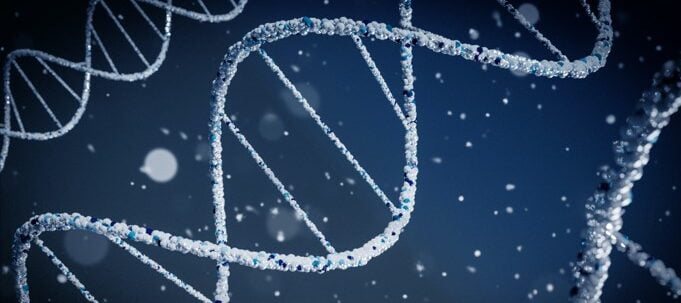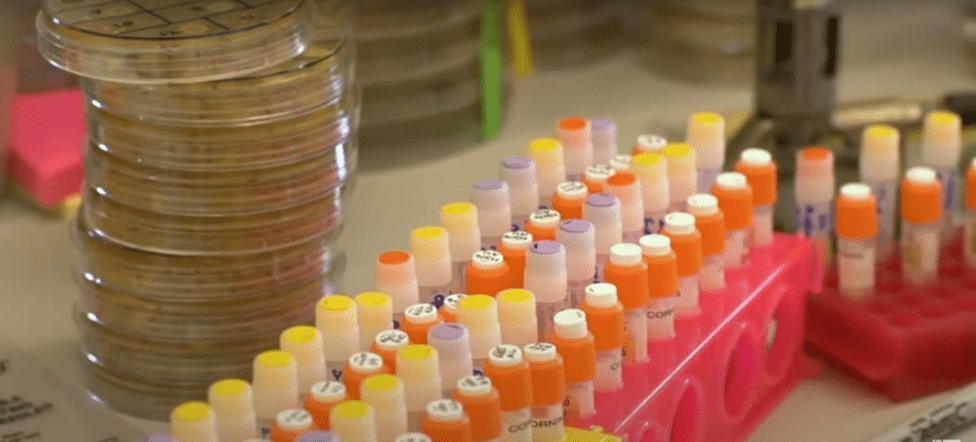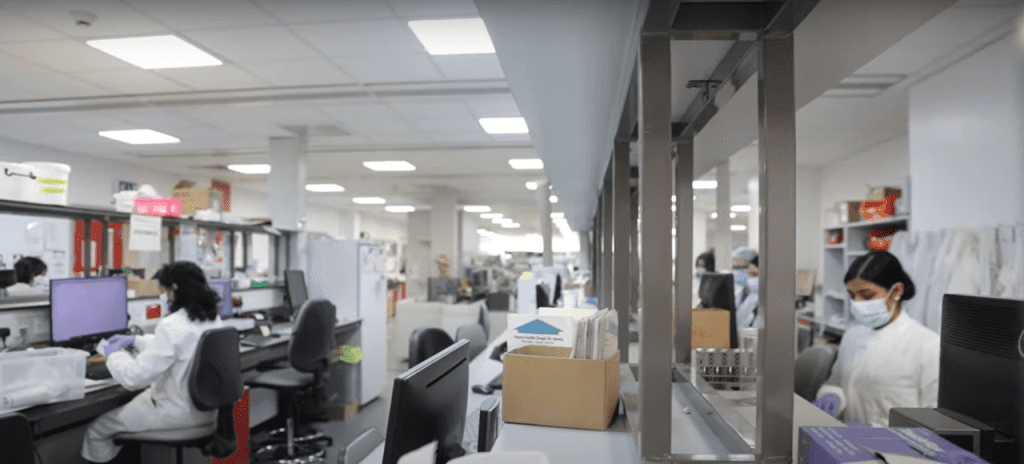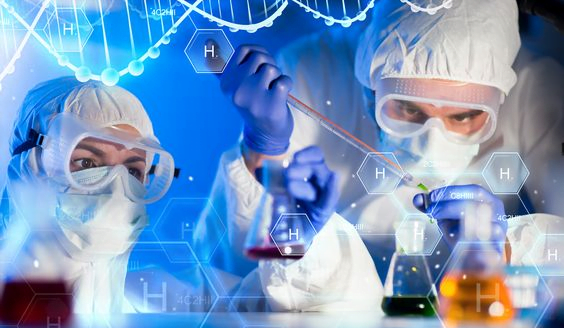COVID-19 Pandemic, No Every Diagnostic Is Ideal!

It’s important to understand that all main tests that are being used to diagnose COVID-19 are not perfect, we need to understand their advantages and disadvantages as well as monitor the virus’ variants by obtaining the latest update from the WHO and the CDC. We’d like to discuss some important information that might be relevant to this topic, such as accuracy, reliability, and testing accessibility.
PCR Tests:
Polymerase Chain Reaction (PCR) tests are the most widely used type of COVID-19 test. These tests detect the genetic material of the virus, specifically the viral RNA, in a sample collected from the nose or throat of a person. PCR tests are considered to be very accurate and are typically administered in a laboratory setting. The samples are collected by trained healthcare workers and sent to a laboratory for testing. Results usually take a few days to be returned. One of the main advantages of PCR tests is that they can detect the virus even in asymptomatic people, which helps in identifying and isolating infected people early on. The main disadvantage is that the process is relatively complex and requires trained personnel and equipment, which can lead to delays in test results.
Antigen Tests:
Antigen tests are another type of COVID-19 test that is used to detect the virus by identifying specific proteins on the surface of the virus. These tests are typically administered using a nasal or throat swab, and results are usually available within minutes. Antigen tests are less expensive and faster than PCR tests, but they are less accurate. This means that they are more likely to produce false-negative results, which means that the test might not detect the virus in an infected person. Therefore, antigen tests are typically used to screen large groups of people, such as employees or students, rather than to diagnose individual cases of COVID-19.
Antibody Tests:
Antibody tests, also known as serological tests, detect the presence of antibodies in the blood that are produced by the body in response to the virus. These tests are usually done with a blood sample and results can take a few days to be returned. Antibody tests can be used to determine whether a person has been infected with the virus in the past, but they are not useful for diagnosing active cases of COVID-19. This is because it takes several days for the body to produce enough antibodies to be detected by the test. However, antibody tests can help in understanding the extent of the spread of the virus in a population and also could be used for people who had symptoms but did not get a positive result from a PCR or antigen test.
Comparison of Different Tests:
Each type of COVID-19 test has its advantages and disadvantages. PCR tests are considered to be the most accurate, but they are also the most expensive and time-consuming. Antigen tests are faster and less expensive than PCR tests, but they are less accurate. Antibody tests are useful for understanding the extent of the spread of the virus in a population, but they are not useful for diagnosing active cases of COVID-19. It is important to note that the best test to use depends on the specific situation and that a combination of test types may be used to get the most accurate picture of the spread of the virus.
In conclusion, COVID-19 testing is an important tool in the fight against the pandemic. Different types of tests have different uses and characteristics, and it’s important to understand the advantages and disadvantages of each type to use them correctly. It’s also important to stay up to date with the latest information and guidelines from reputable sources such as the Centers for Disease Control and Prevention (CDC) and the World Health Organization (WHO) to ensure that your testing strategy is effective and efficient.








